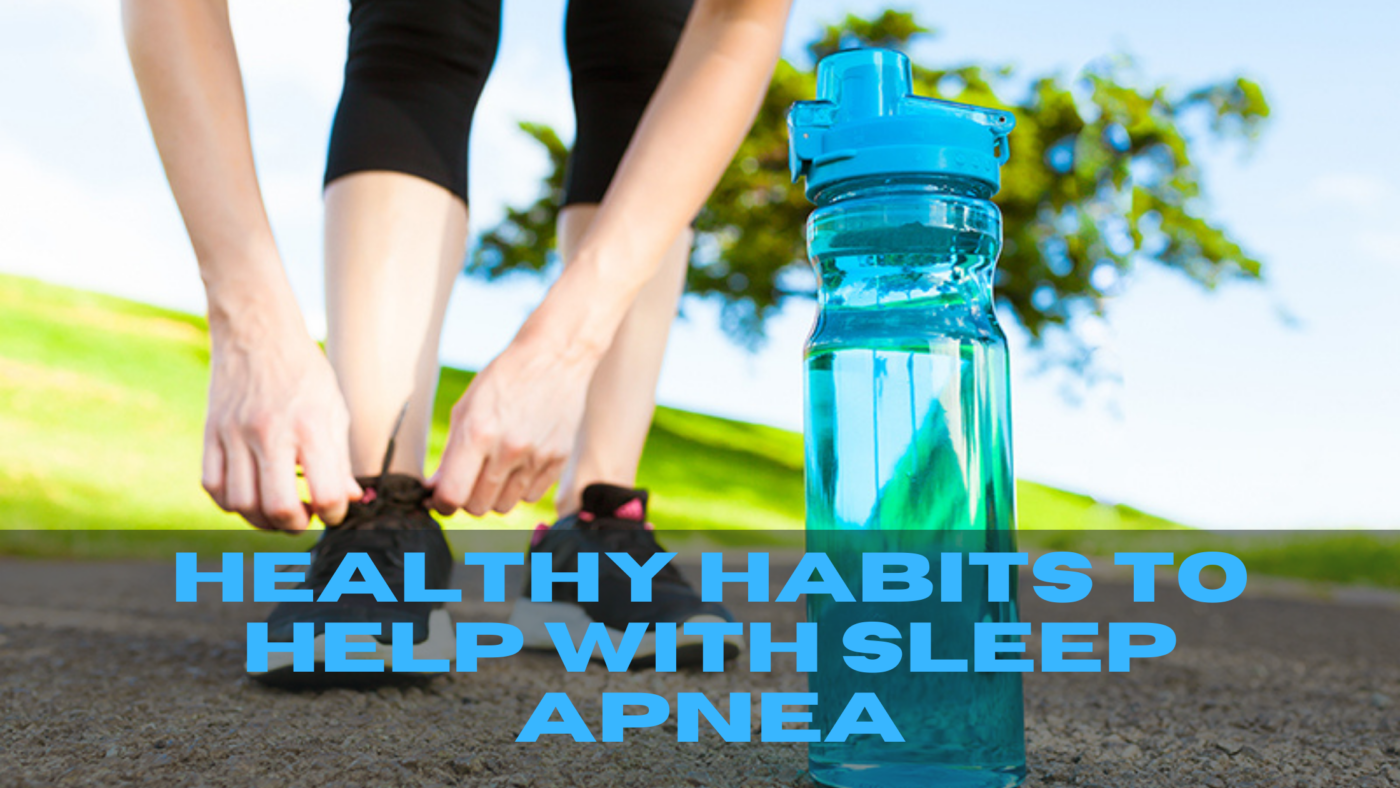News
Healthy Habits to Help With Sleep Apnea
Sleep apnea can affect anyone regardless of age, gender, or body type, however, there are certain lifestyle factors that can increase your risk and make the symptoms worse.
While there is no cure for sleep apnea, and a CPAP machine may be the best choice for many people, there are some lifestyle changes you can make to help better manage your condition, or to reduce your risk of developing sleep apnea. Here are a just a few of those:
Maintain a healthy weight: Sleep apnea tends to be more common in individuals who are obese as the extra fat tissue can block your airway and cause a lot of the apnea episodes. For this reason, maintaining a healthy diet and getting regular exercise is recommended to help alleviate the effect of sleep apnea symptoms. While it may not cure your sleep apnea, it can certainly provide some relief and make your condition much more manageable.
Quit smoking: If you are a regular cigarette smoker, you may want to think about quitting. Tobacco has been known to cause inflammation and swelling in your airway, which leads to increased snoring and apnea episodes. Be sure to speak to your doctor to get help for this.
Limit alcohol: Adults who drink excessively tend to experience snoring and a disrupted sleep cycle on a regular basis. Alcohol relaxes the throat muscles that control your breathing and can also interfere with your REM sleep cycle. While moderately drinking is okay, stop drinking at least 3-4 hours before bedtime and don’t use alcohol as a sleep aid.
Try a different sleep position: Sleeping on your side is generally better for keeping your airway open as you sleep. If you are a back or stomach sleeper than try using a body pillow to keep you on your side. Make sure your pillow and mattress are both in good condition as well.
Practice good sleep habits: Proper sleep hygiene may not cure your sleep apnea but can still help you to get a good night’s sleep! Make sure you are getting the same amount of sleep each night, try to keep your sleep/wake times consistent, limit daytime naps and avoid the use of technology devices before bedtime.



